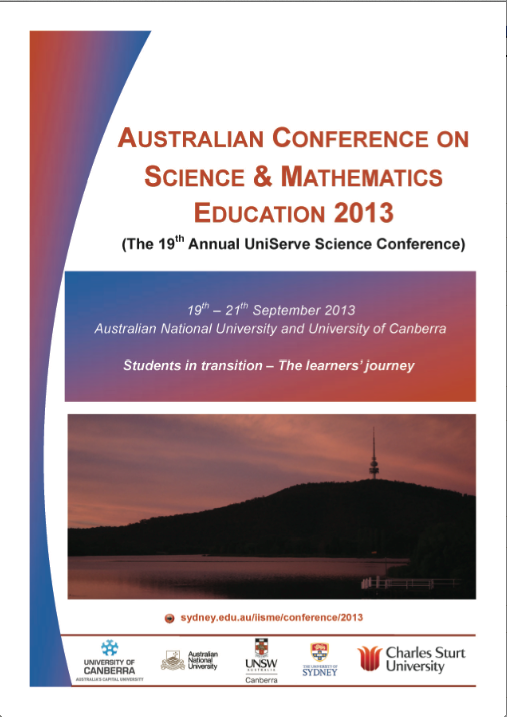What motivates a student toward an experimental experience?
Abstract
The role of the laboratory as a mediating influence on a student’s perception of science has been widely studied, however there has been little focus on the impact of motivation toward laboratory learning, and how students may perceive each experimental experience differently. One such lens is Self-Determination Theory (SDT), which is a framework of interconnected theories of motivation. One component of SDT is the Basic Needs Theory, which suggests that motivation is fuelled by the fulfillment of three basic psychological needs – competence, autonomy, and relatedness. Students in their first year of study during an introductory chemistry course at a large Australian university were surveyed after the completion of two different experiments. Relationships between responses to the ASELL Student Learning Experience (ASLE) survey and students’ perceptions of autonomy support, relatedness, and competence were analysed and assessed. The relationships between these constructs were found to depend partially on the type of experiment and its operationalization as a learning experience. From these findings we are able to unpack, in more detail, findings from ASLE and shed light on the question: what motivates students toward an experimental experience?Downloads
Published
2013-09-23
Issue
Section
Abstracts
